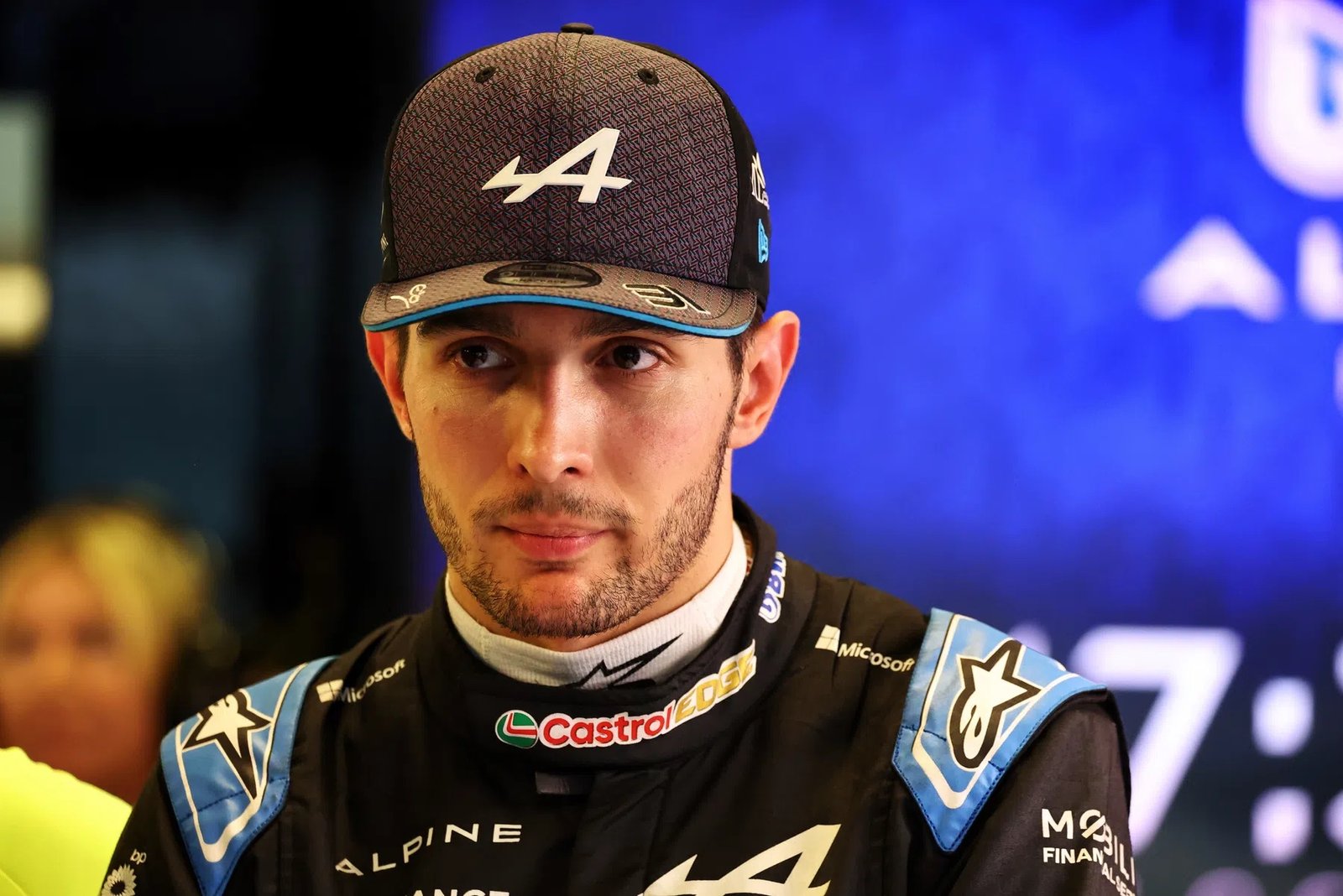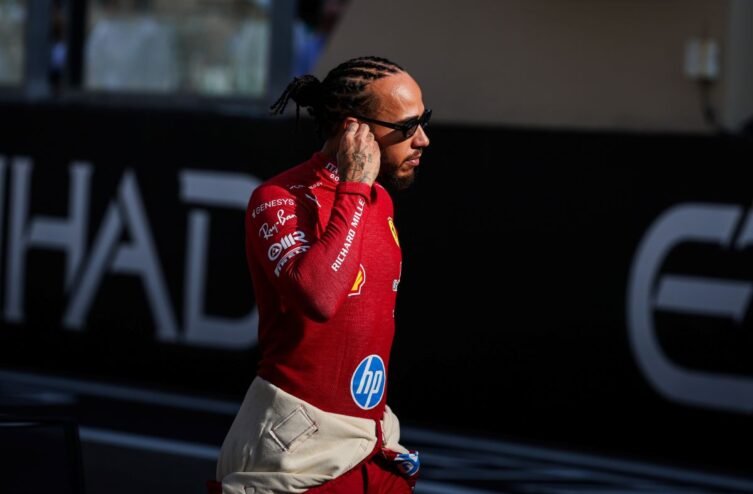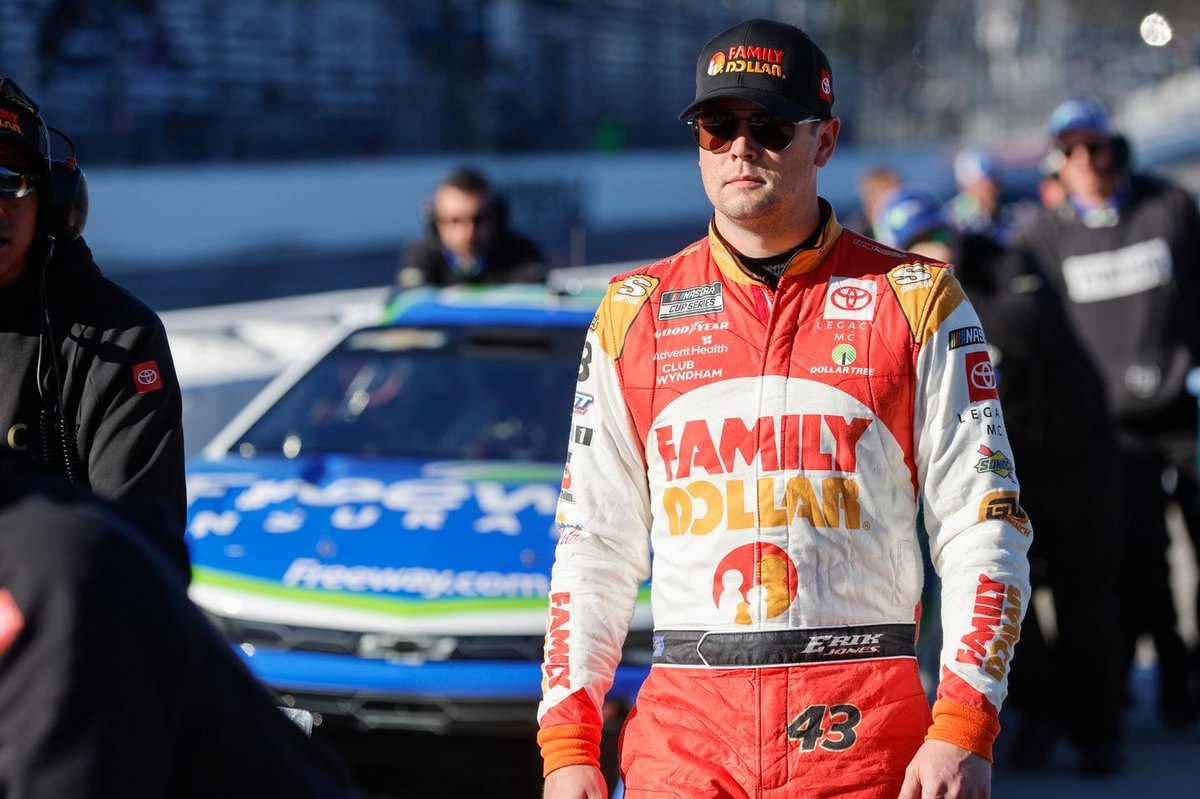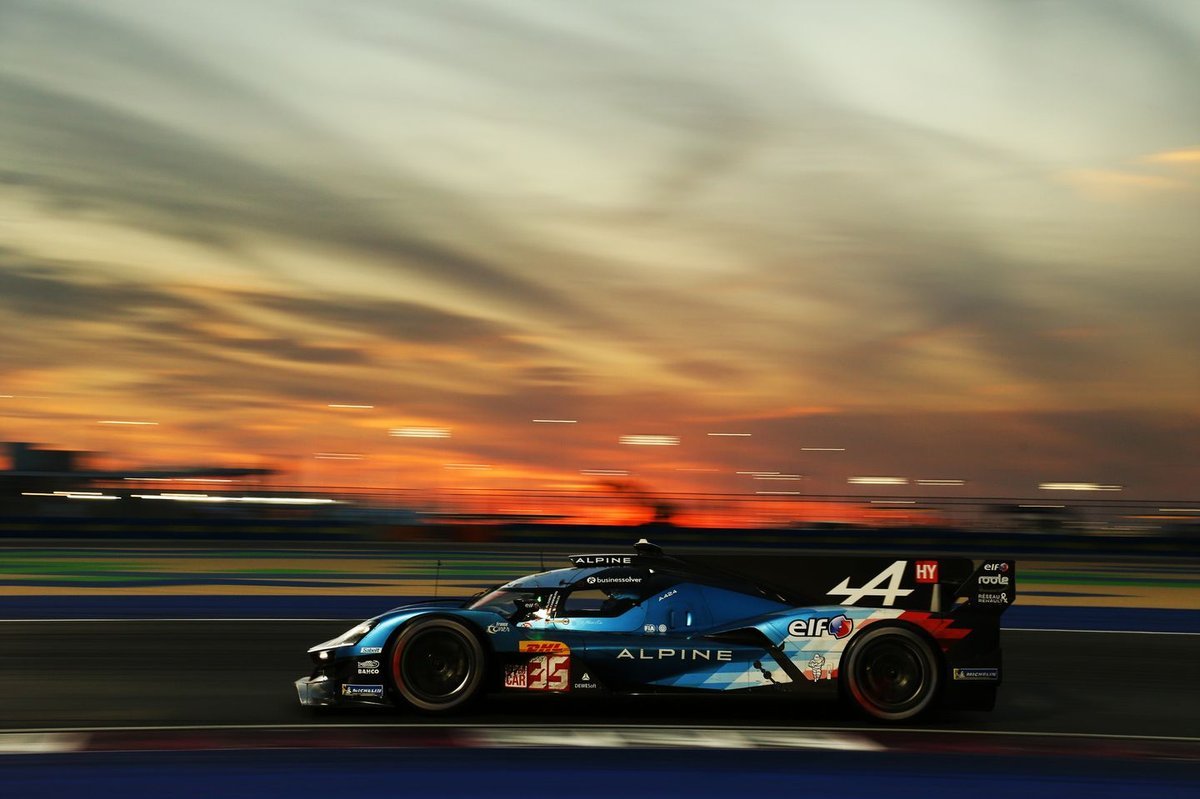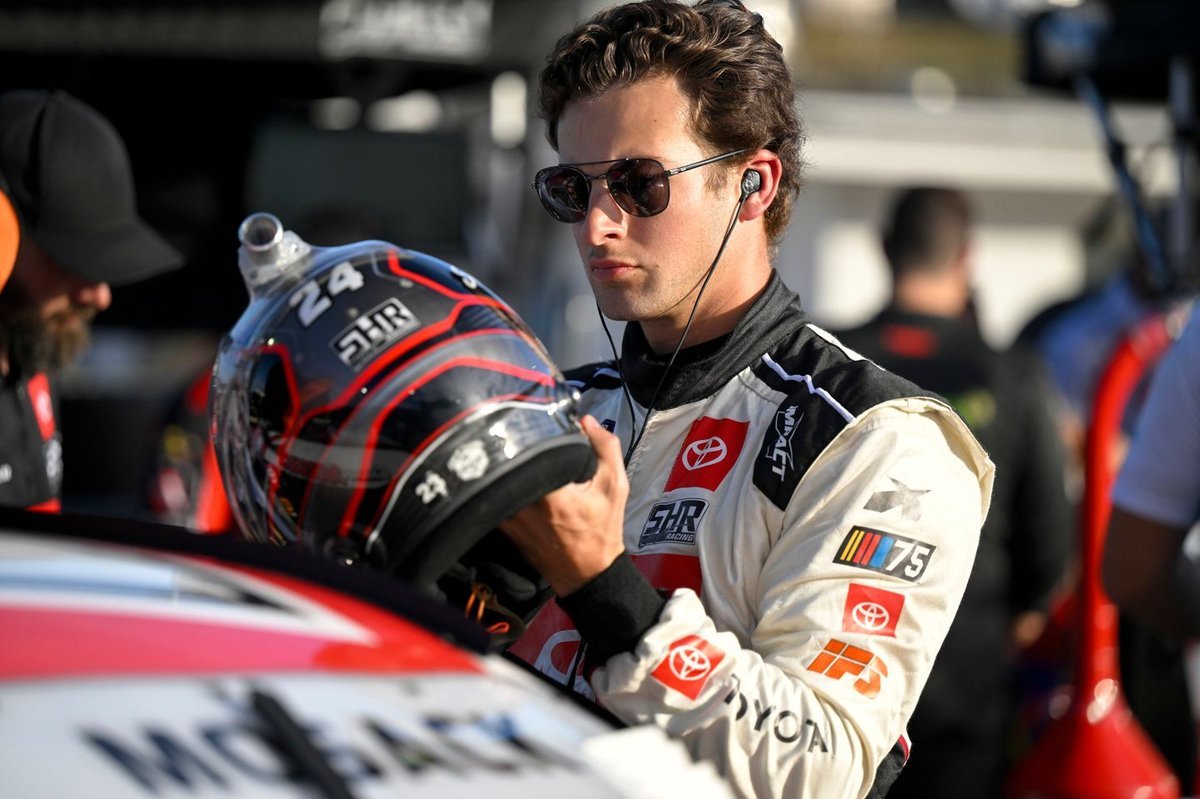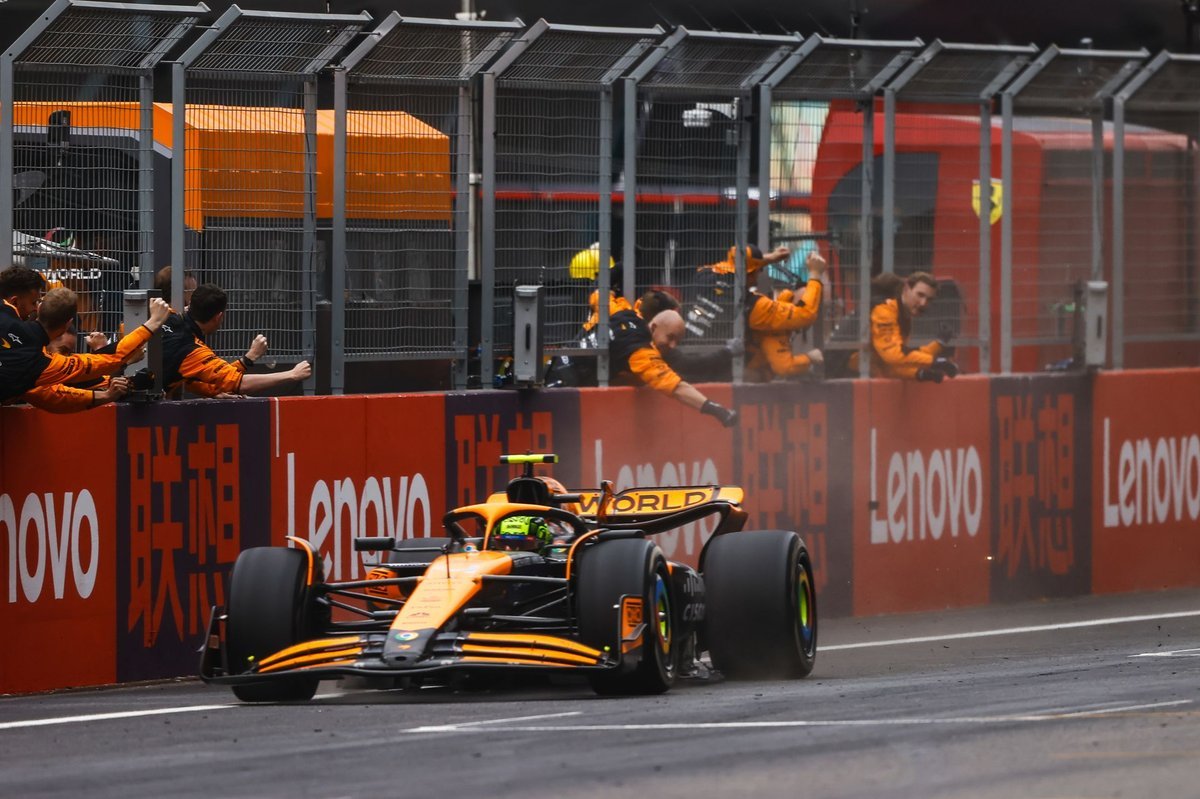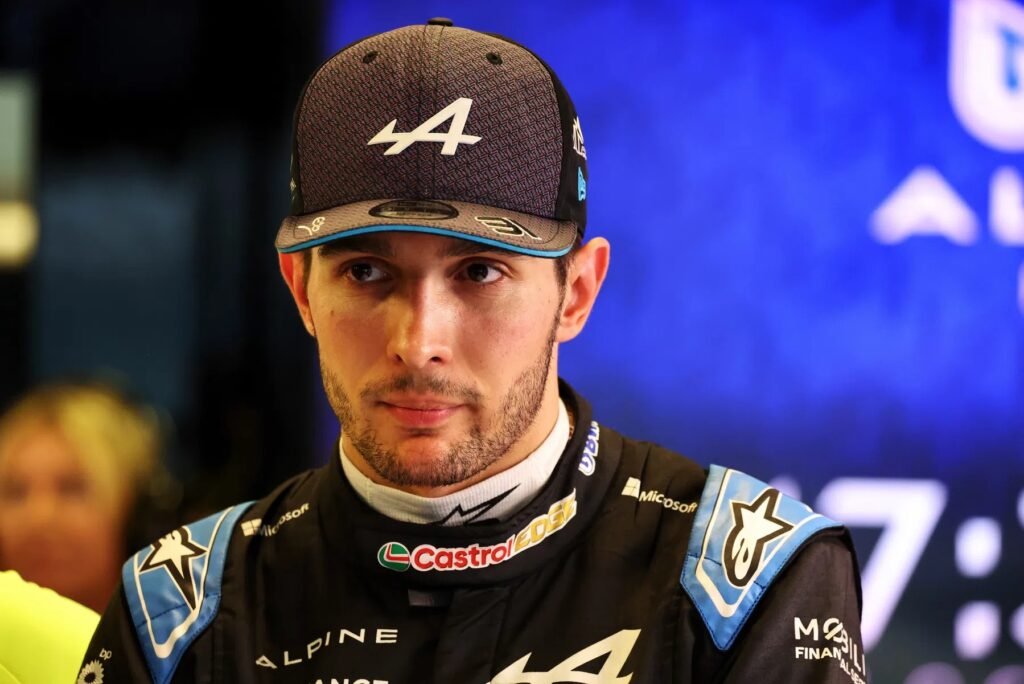
Source – GPblog.com
How Ocon’s Departure Highlights a Pattern of Driver Dissatisfaction at Alpine
Esteban Ocon’s recent departure from Alpine has sent ripples through the Formula 1 community, sparking intense speculation about the inner workings of the French team. Ocon, known for his candor and straightforwardness, cited a lack of attentiveness from Alpine’s management as the primary reason for his exit. His claim that Alpine “haven’t been listening” to him has opened up a broader discussion about the team’s internal dynamics—a discussion that also sheds light on the earlier exits of Daniel Ricciardo and Fernando Alonso.
Ocon’s frustrations have been building for some time, stemming from what he perceives as a lack of support and responsiveness to his feedback. As a driver who has shown significant promise and consistently delivered solid performances, Ocon’s decision to part ways with Alpine raises serious questions about the environment within the team. His parting words suggest a deeper issue, one that may have also influenced the decisions of his former teammates.
Daniel Ricciardo’s tenure with Renault (now Alpine) was marked by a mixture of high expectations and underwhelming results. The Australian driver, known for his aggressive style and upbeat personality, joined the team with hopes of leading it back to the top of the grid. However, after two seasons of middling success and what appeared to be a lack of alignment between his ambitions and the team’s direction, Ricciardo made the surprising decision to leave for McLaren. While at the time the reasons seemed to be centered around the opportunity to compete with a more competitive package, Ocon’s recent comments suggest that Ricciardo may have also experienced a similar disconnect with the team’s leadership.
Fernando Alonso, a two-time world champion, returned to Renault (rebranded as Alpine) in 2021, with much fanfare and expectation. His comeback was seen as a strategic move to bring experience and a winning mentality back to the team. However, after just two seasons, Alonso announced his departure to Aston Martin, a move that caught many by surprise. Alonso, never one to shy away from expressing his dissatisfaction, hinted at frustrations within the team but stopped short of providing specific reasons for his exit. Ocon’s revelations now cast Alonso’s departure in a new light, suggesting that the Spaniard may have also faced similar challenges in getting the team to heed his insights and recommendations.
Ocon’s assertion that Alpine isn’t listening extends beyond his own experience. He has pointed to his current teammate, Pierre Gasly, who joined Alpine with high hopes of forming a formidable French duo capable of bringing the team back to its glory days. Yet, according to Ocon, Gasly too has encountered the same resistance from the team’s management, leaving him equally frustrated. This pattern of behavior suggests a systemic issue within Alpine, where the voices of the drivers—those on the front lines, experiencing the car’s performance firsthand—are not being given the weight they deserve.
The implications of these revelations are significant for Alpine. In Formula 1, where success is often determined by the smallest of margins, the ability to listen to and act on the feedback of drivers is crucial. The car is only as good as the team behind it, and if the drivers feel that their concerns are not being addressed, it can lead to a breakdown in trust and ultimately hinder performance on the track. For a team with the resources and history of Alpine, failing to leverage the expertise and experience of its drivers could be a costly mistake.
Looking ahead, Alpine faces a critical juncture. The departure of Ocon, combined with the earlier exits of Ricciardo and Alonso, should serve as a wake-up call for the team’s management. If they are to retain their remaining talent and attract new drivers capable of pushing the team forward, they must address the underlying issues that have led to this exodus. This means creating an environment where the drivers feel heard, valued, and supported—one where their input is not just acknowledged but acted upon.
For Esteban Ocon, his departure from Alpine may be seen as a new beginning. A talented and determined driver, he will undoubtedly seek a team that values his insights and offers him the support he needs to excel. As for Alpine, the team must now reflect on the reasons behind his exit and take the necessary steps to ensure that history does not repeat itself.
The departure of high-caliber drivers like Ricciardo, Alonso, and now Ocon should not be taken lightly. It is a clear signal that all is not well within the team, and if left unaddressed, it could have long-term repercussions for Alpine’s competitiveness in Formula 1. The team’s future success will depend on its ability to listen, adapt, and create a culture where every member of the team, from the engineers to the drivers, feels that their voice matters.
In a sport as fast-paced and demanding as Formula 1, the ability to listen can make all the difference between standing on the podium or watching from the sidelines. Alpine must decide which side they want to be on.

